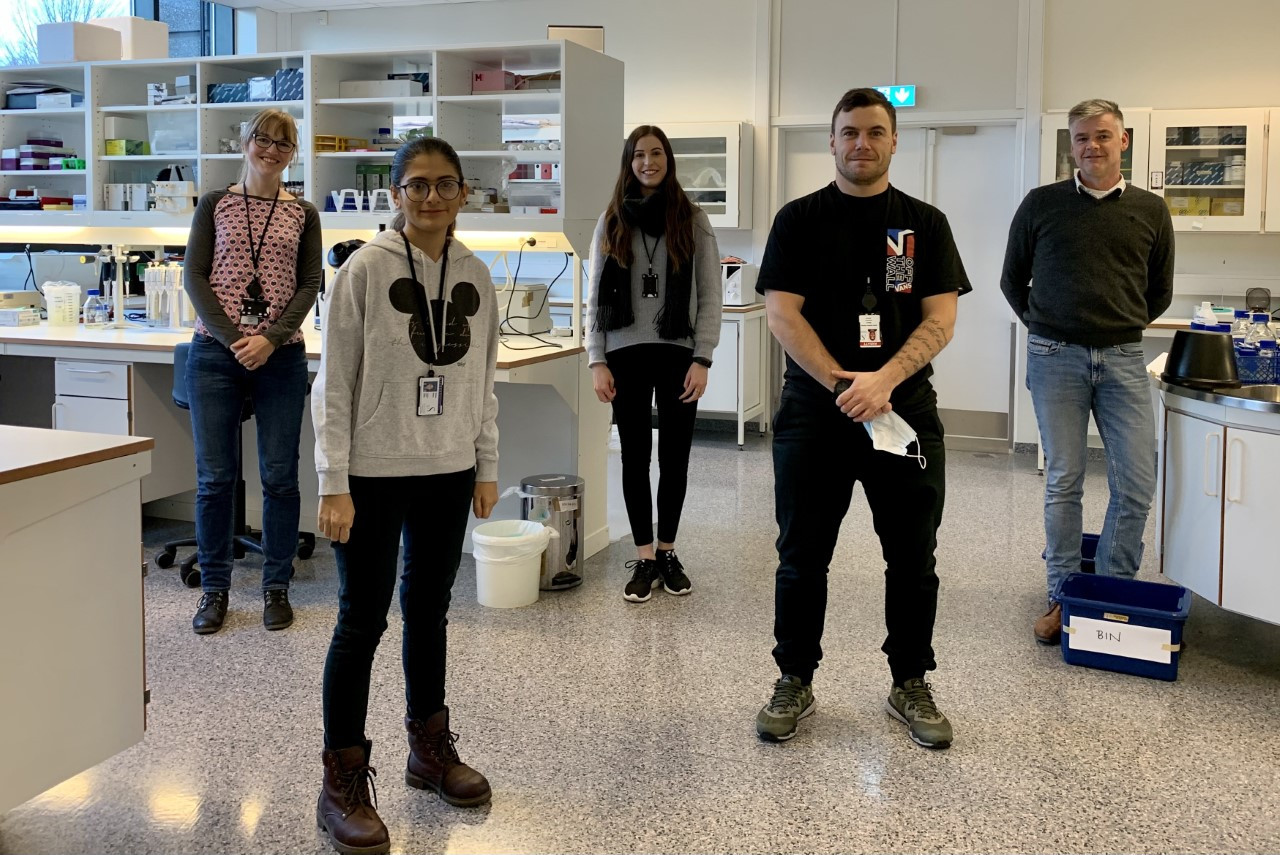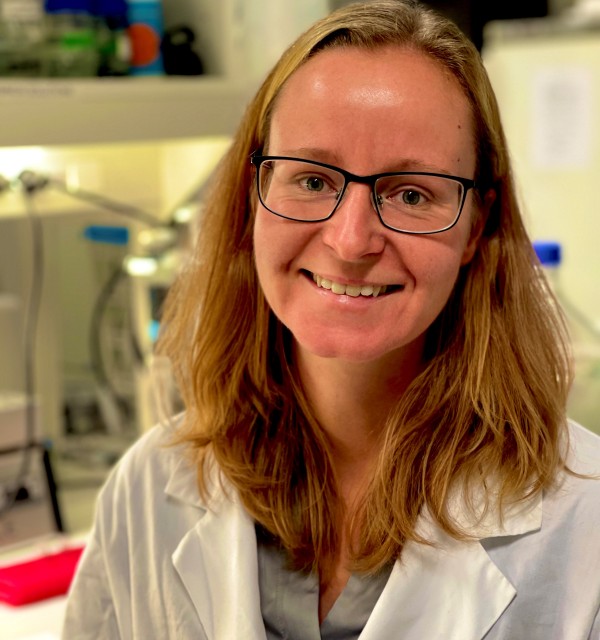How do microbes affect human health, animal health and food security?

How microbes interact with their hosts plays an important role in human and animal health. Especially the microbes in the gut are of crucial importance. We are interested in how these microbes affect human and animal health. Our research includes important human and animal pathogens but also focusses on microbes and nutrition and their role in food security.
Adaptation of microbial eukaryotes to low oxygen, as found in the gut for example, featured in several high impact publications (Nature (2003) 426, 172-176, Current Biology (2008) 18, 580-585, Current Biology (2014) 24, 1176-1186 and PLoS Biology (2017) 15(9) e2003769) and included major human pathogens such as Giardia intestinalis, Entamoeba histolytica and Blastocystis.
Disease treatment
We hope that understanding their unusual biochemistry might lead to new drug targets. Recently, we started working with the Academic Hospital here in Stavanger where we collaborate with the Gastroenterology department on studying the role of the gut microbiome in inflammataory bowel disease or IBD.
Food security
Food security research focuses at biochemistry and genomics of several important livestock and fisheries pathogens such as Aphanomyces and Fasciola hepatica. Aphanomyces causes two notifyable diseases: crayfish plague (click here for new diagnostics we developed) and epizootic ulcerative syndrome in fish while Fasciola causes liver fluke in cattle and sheep.
Animal health
We also worked with the National Lobster Hatchery in the UK to understand the interplay between microbes and hosts, especially the role of the gut microbiome on lobster health. We described two new pathogens of Europan lobsters. We discovered the first case of an Halioticidia infection in Europe, described the first clawed lobster virus and performed a comprehensive comparative gut microbiome study on European lobsters (ISME J (2020) 14, 531–543).
Health and ageing
Fruit and vegetables improve health and cognition and it is becoming increasingly clear microbes in our alimentary tract play crucial roles in health. We work with former colleagues at Sports and Health Sciences and the Medical School at the University of Exeter (UK). We are unraveling how the microbiome of the tongue helps in healthy ageing (see for example our latest paper in Redox Biology)
Our lab uses a variety of techniques to answer our research questions. Molecular biology, cell biology, biochemistry, bioinformatics and next-generation sequencing methods are routinely used.
Researchers
Department of Chemistry, Bioscience and Environmental Engineering
Department of Chemistry, Bioscience and Environmental Engineering
Department of Chemistry, Bioscience and Environmental Engineering
Department of Chemistry, Bioscience and Environmental Engineering



